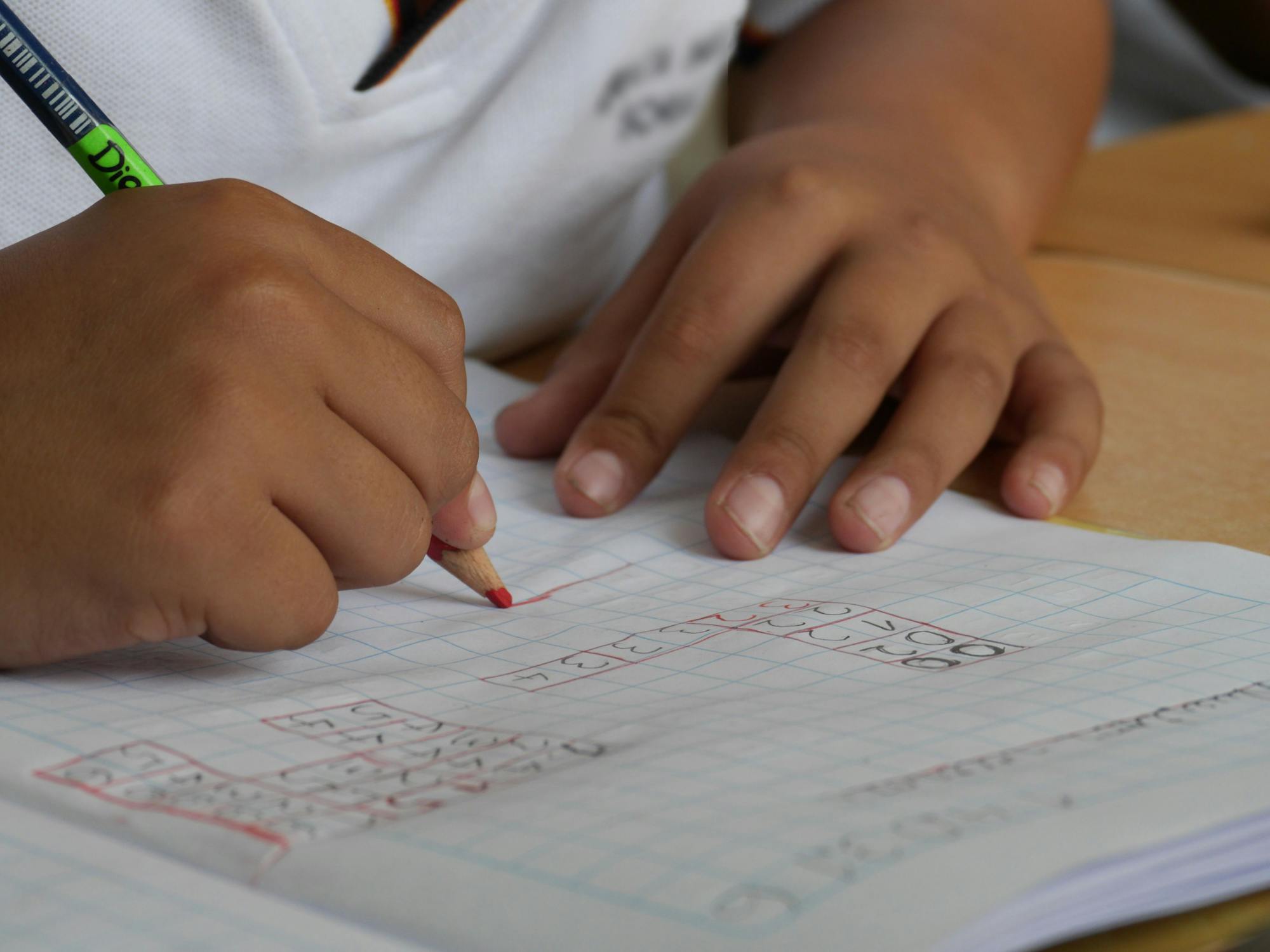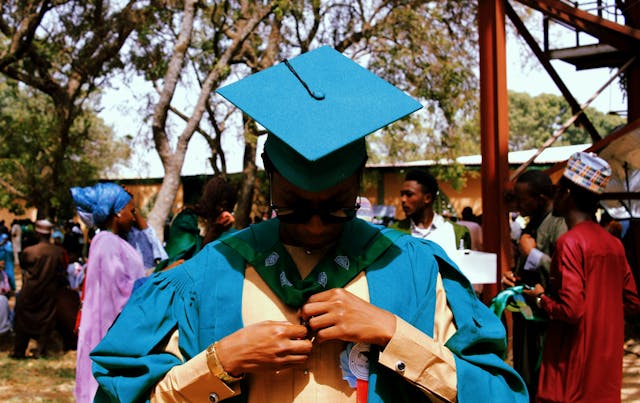School bullying, discipline, and clash of cultures
The issue of bullying in Nigerian schools, particularly in public and private secondary schools, is deeply rooted in the country’s educational and cultural history. For decades, what is now labelled as bullying was regarded as a form of discipline or character-building. It was seen as a necessary tool to instill respect for authority, community, obedience, and accountability. The fear of punishment was a powerful motivator that encouraged punctuality, responsibility, and adherence to rules.
Many Nigerians fondly recall the days of strict school discipline, where the dread of being punished at the gate for lateness, improper dressing, fighting, absenteeism or other infractions was an integral part of their upbringing. These measures were not viewed as maltreatment but as a rite of passage to prepare students for the challenges of adulthood. The outcomes were evident; a generation of disciplined, responsible citizens who valued respect for authority and societal norms.
However, the cultural landscape has shifted dramatically in the 21st century, influenced by global narratives and Western ideologies. Traditional disciplinary practices are increasingly viewed as outdated, with some private schools in Nigeria adopting approaches that emphasise emotional well-being and minimal intervention.
Social media amplifies cases of punishment, often framing them as abuse and sparking public outrage. Terms like “traumatised” are now commonly used to describe reactions to disciplinary actions once considered normal.
Ironically, many of the proponents of these modern ideologies were themselves products of a more disciplined educational system. They fail to acknowledge that the structured environment of their upbringing played a significant role in their development. As a result, schools have increasingly moved away from traditional forms of discipline, leading to a growing lack of respect for authority and a rise in indiscipline among students.
The absence of effective disciplinary measures in schools has broader implications for society. Youth delinquency, disrespect for authority, and the erosion of communal values are on the rise. Students are emboldened to challenge teachers and ignore rules, undermining the learning environment and societal order. While there is a need to address the excesses of corporal punishment, abandoning discipline altogether is not the solution.
To address these challenges, Nigeria’s education system must adopt a balanced approach that respects cultural values while modernising disciplinary practices. Schools must adopt clear and standardised guidelines for discipline, ensuring that all forms of punishment are fair, humane, and constructive. Corporal punishment should be regulated to prevent abuse, with specific rules on what constitutes acceptable disciplinary measures. For instance, the use of corporal punishment can be limited to senior school administrators under strict supervision.
Modern alternatives to punishment, such as restorative justice practices, peer mediation, and behavior contracts, should be introduced. These methods focus on addressing the root causes of misbehavior, encouraging accountability, and fostering reconciliation between students and teachers. Teachers should be trained to implement effective disciplinary measures that align with Nigerian cultural values while respecting students’ rights. Training programmes should emphasise conflict resolution, positive reinforcement techniques, and culturally relevant disciplinary strategies.
Parents must be actively involved in shaping school discipline policies and ensuring consistency between home and school environments. Schools should establish regular communication channels with parents to discuss behavioural issues and jointly agree on appropriate interventions. Both students and parents should be held accountable for repeated acts of indiscipline. Establish independent bodies at the state and federal levels to monitor disciplinary practices in schools.
Public awareness campaigns should emphasise the importance of discipline in shaping responsible citizens. These campaigns can counter the negative portrayal of school discipline on social media and foster a more balanced perspective on its necessity.
The future of Nigeria depends on the strength of its educational foundations. A disciplined and well-educated generation is the key to national stability, economic growth, and cultural preservation. It is time to reclaim the values that have shaped us and ensure that they continue to guide the next generation.
Tijjani Mukaddas can be reached through tjmuqaddas@gmail.com
Disclaimer: The information contained in this content is for general purpose only and is generated from different sources other than MenBills Colony. Kindly report any fake news or false statement to support@menbills.com.ng












Hotspot
on I Don’t Regret Dumping Him”- Lady Dumps Her Husband After Sponsoring Her Abroad, Flaunts Her White Lover
16-01-2025 09:13:05am
Hotspot
on I Don’t Regret Dumping Him”- Lady Dumps Her Husband After Sponsoring Her Abroad, Flaunts Her White Lover
16-01-2025 09:12:27am
Musbau59
on Two soldiers, 6 villagers killed as suspected herders attack Benue community
13-01-2025 07:59:16am
Desire
on “He is a proper entertainer, love it” – Checkout top 10 dancing video of Osun governor Ademola Adeleke that will make your weekend (Video)
11-01-2025 10:32:19am
Samuel4
on ”It’s amazing how few years can make a difference in a persons life, congratulations to him” – Rapper Zlatan Ibile gifts himself a brand new customized Maybach van worth N375Million for his 30th birthday (Video)
18-12-2024 11:17:31am
tbabe28
on Mercy Aigbe loses home to fire outbreak
05-12-2024 02:44:40pm
Paramount72
on Husbands of female ministers suffer loneliness – Mike Bamiloye
29-11-2024 06:04:28pm
Samuel4
on ‘My wife was pregnant for another man inside marriage’
27-09-2024 04:43:01am
Ishiro
on ‘My wife was pregnant for another man inside marriage’
23-06-2024 11:38:24am
Ishiro
on ‘My wife was pregnant for another man inside marriage’
23-06-2024 11:38:14am
Oladunni
on ‘My wife was pregnant for another man inside marriage’
22-06-2024 04:19:58pm
Candy100
on Man who made allegations against E-Money and late Junior Pope’s wife publicly apologizes
22-06-2024 08:02:49am
Candy100
on BREAKING: Kano Govt Makes Fresh Announcement Over Emir Sanusi Amid Tussle In Kano
21-06-2024 08:15:39pm
Candy100
on 2027: Obi gives condition for merger with PDP
21-06-2024 08:10:14pm
Candy100
on Hajj: Last set of FCT pilgrims to report at camp today
21-06-2024 08:09:27pm